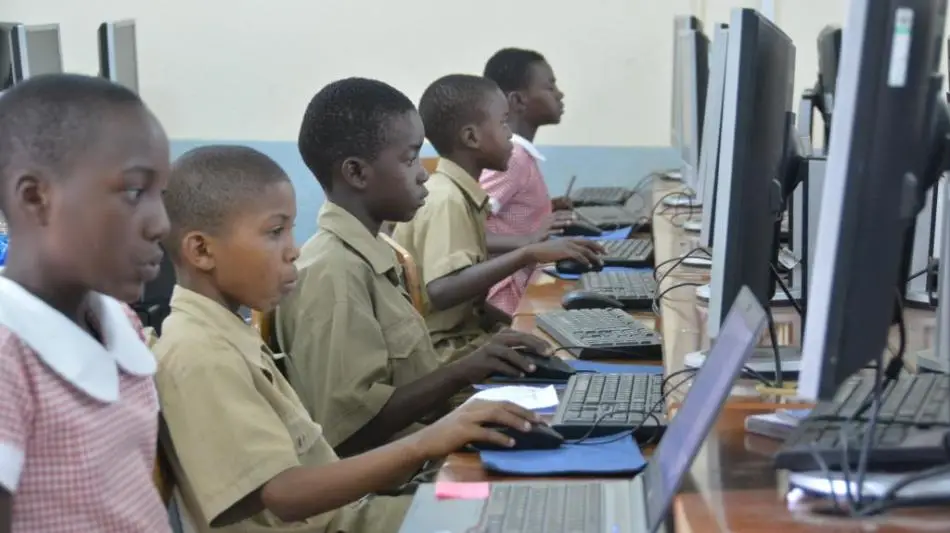Trending
- African Energy 2024: Surging investment, waves of change
- AIM Congress 2025: Competition opens doors for Africa’s top tech innovators
- Zimbabwe rolls out $24M project to reduce use of mercury in gold mines
- Zambia secures $184M IMF support as economic growth set to decline to 1.2 per cent
- Equity enters alliance with ODDO BHF to spur Europe-Africa investments
- Air Tanzania hits turbulence: Can the airline fly back to EU skies?
- Ghana’s President Elect John Mahama Outlines His Economic Blueprint
- AfDB backs “green shares” funding model with $30M AFC equity boost
